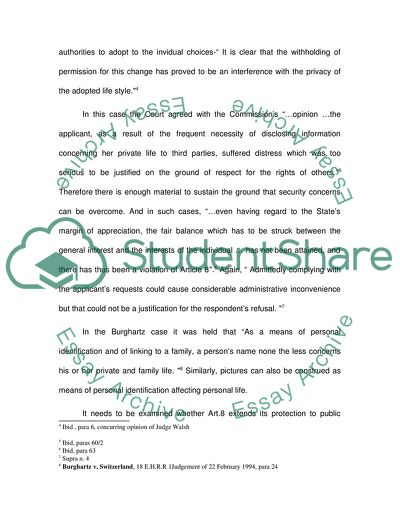Cite this document
(UK Human Rights Act Assignment Example | Topics and Well Written Essays - 2250 words - 1, n.d.)
UK Human Rights Act Assignment Example | Topics and Well Written Essays - 2250 words - 1. https://studentshare.org/law/1705559-law
UK Human Rights Act Assignment Example | Topics and Well Written Essays - 2250 words - 1. https://studentshare.org/law/1705559-law
(UK Human Rights Act Assignment Example | Topics and Well Written Essays - 2250 Words - 1)
UK Human Rights Act Assignment Example | Topics and Well Written Essays - 2250 Words - 1. https://studentshare.org/law/1705559-law.
UK Human Rights Act Assignment Example | Topics and Well Written Essays - 2250 Words - 1. https://studentshare.org/law/1705559-law.
“UK Human Rights Act Assignment Example | Topics and Well Written Essays - 2250 Words - 1”. https://studentshare.org/law/1705559-law.


